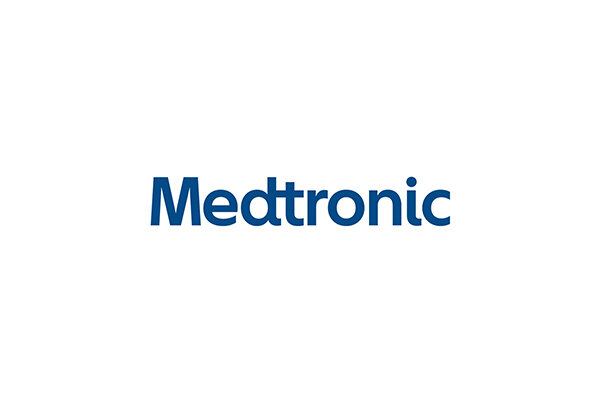Medtronic
Medtronic
Preventing hearing loss and empowering women in India through Shruti program.
BCTA MEMBERSHIP STATUS
Alumni
SECTOR
Health
HEADQUARTERS
Ireland
REGION OF INITIATIVE
Asia & Pacific
SDG CONTRIBUTION
Global healthcare solutions company Medtronic joined Business Call to Action in 2015 with a commitment to screen 100 million patients in developing countries for treatable ear conditions by expanding its ear-care programme, Shruti, by 2025. In addition, Medtronic has committed to train and employ 6,000 community health workers by 2020 and develop a complete line of affordable products to clean, screen, and treat ear conditions in the field and the clinic.
Shruti is a social business initiative that harnesses the power of partners and technology to address the critical need for affordable and accessible treatment of chronic ear infections in parts of the world where many people suffer from preventable partial or complete deafness. Shruti aims to provide quality otology care to underserved populations and address barriers of access and awareness by leveraging technology and bringing care into patient communities. For example, it has developed a portable ear-screening kit to detect hearing impairments, a community outreach programme and a treatment protocol with partnering health service providers.
With its presence in over 140 countries and expertise in medical therapies for chronic diseases across a variety of medical fields, including cardiac and vascular diseases, diabetes, and neurological and musculoskeletal diseases, Medtronic created Shruti to expand the global reach of its products in new and innovative ways. Particular focus is given to emerging markets, twhere populations have historically been unable to afford Medtronic’s high-tech, high-quality product lines. In order to address the needs of emerging markets, Medtronic sought alternatives to its “premium” products by identifying new products and distribution channels that could be used and afforded by a broader segment of the population in an emerging market country.
Shruti began as a pilot initiative at Dr. Shroff’s Charitable Eye Hospital (SCEH) in New Delhi, India, in July 2013. In its first year, the Shruti screened over 24,000 patients and performed over 120 surgeries. Since then, Shruti has expanded through partnerships with the Health Management Resource Institute (HMRI) in Hyderabad, India and Grameen Kalyan in Dhaka, Bangladesh. By December 2014, the programme had screened approximately 68,000 patients and provided affordable treatment for approximately 2,200.
As a Medtronic initiative, the investment for Shruti comes primarily from Medtronic Surgical Technologies and is geared towards developing a sustainable, profitable business model. Ongoing revenue from the Shruti programme will come from a mix of franchise fees from partners, surgical and non-surgical treatment products, diagnostics, and hearing aids.
In order for Shruti to be sustainable, Medtronic believes all parties must benefit from the treatment process: the patient, health worker, hospital, physician, and Medtronic. For this reason, the Medtronic business model is designed to leverage local health care resources. Rather than competing with or replacing local providers with new centres, Shruti patients are referred to the current providers who are able to leverage the increased and consistent patient flow to deliver low, “bulk” pricing for patient care. More patients are treated at a lower cost, local partners benefit, and the local health care economy is developed.
Outside of established physicians and hospitals, the Shruti Program is also developing a new, female-driven workforce in the form of community health workers, providing jobs, training, and community standing to young women who are recent graduates of high school or college. To date, all Shruti health workers have been women, and Shruti is currently pursuing a partnership with SEWA (the Self-Employed Women’s Association, one of the largest and most renowned NGOs serving vulnerable women) to hire and train SEWA members as the source of Shruti health workers.
Ultimately, the Shruti programme seeks to use mass screenings to develop a pipeline of patients who, given access to low-cost treatment options, will form a customer base for both new and existing low-cost Medtronic products.


